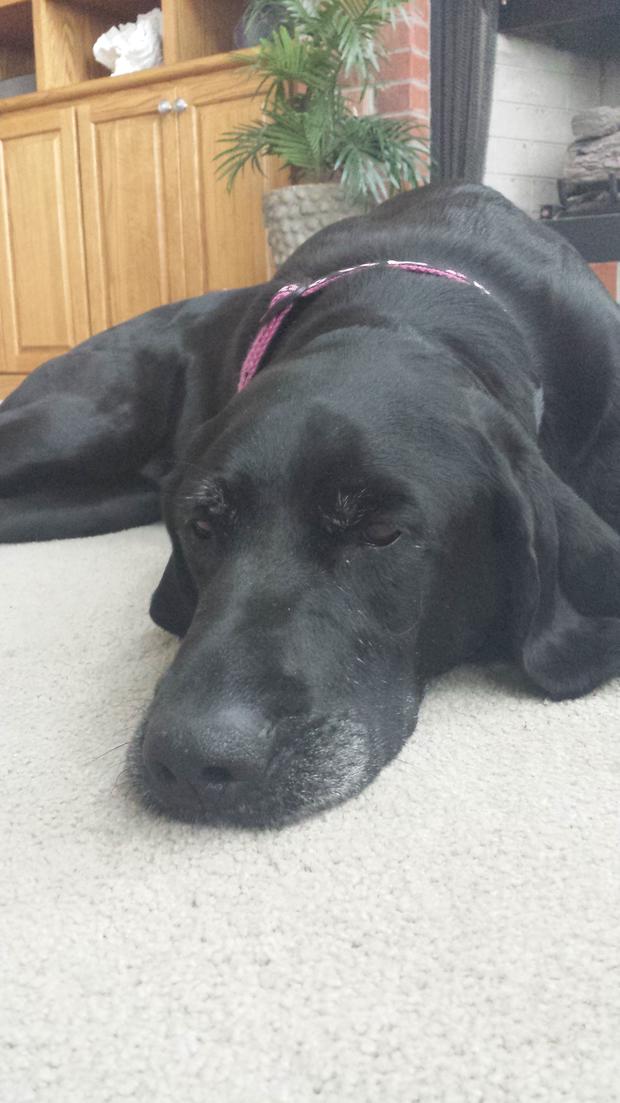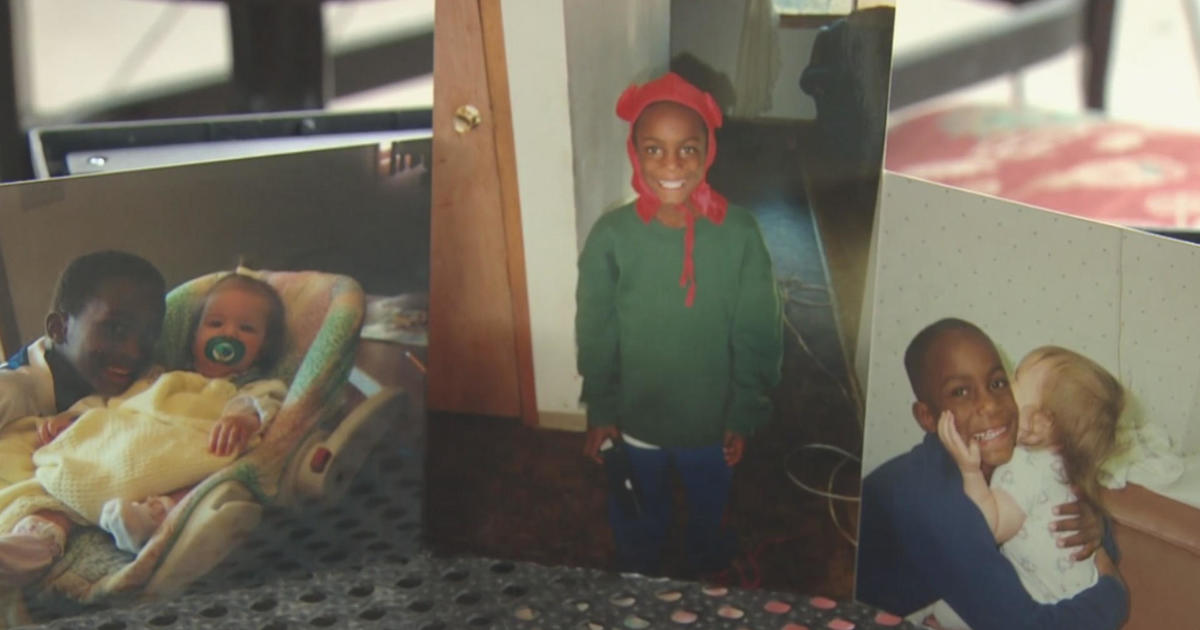Just How Clean Is Your Dog's Mouth?
(CBS4) -Two recent cases of severe infections after a dog lick or nip have generated some pretty scary headlines. Both took place in Wisconsin, one causing a rapid death in an otherwise healthy adult, the other resulting in "blood poisoning" or sepsis, and the amputation of all four limbs.
What deadly germ is now lurking out there? And how common is it?
Both cases were caused by a germ called CAPNOCYTOPHAGA CANIMORSUS, a bug that's really not that rare and normally not that deadly. It's a normal inhabitant of about 40% of canine mouths, and just getting the germ on you or in you usually doesn't cause a meg-problem. Last year, the CDC reported 12 deaths from CAPNOCYTOPHAGA--- almost all in older people with poor immune systems or other serious diseases.
But these two were healthy folks, and it's thought that just the dog licking the skin triggered massive, overwhelming infection.
How could that happen?
The simple answer is experts have no idea. The detailed answer is experts have no idea. They say the odds of death from CAPNOCYTOPHAGA are like winning lotto several times -- it just that rare. And no, these are not mutant bacteria recently brought by aliens to Earth.
No matter the case, you probably don't need to be paranoid about your pooch slobbering all over your face, or other body part. But keep in mind that studies show an area that gets licked will test positive for dog germs up to 5-6 hours later. Plus, it's never a good idea to let a dog lick an open wound or cut.
The average dog's mouth has about 400 different species of bacteria living in them, and only about 30 are ones biologically related to human ones on our mouths or on our skin. So most germs in canine saliva are germs you aren't used to or have ever been exposed to before. And even these few that are similar to human bacteria… well, you wouldn't want them being absorbed into a wound.
That's why when you come see us after a dog bite, the one you worry about -- rabies -- makes the list of concerns, but it's way down the list. It's these other saliva microbes that we don't like seeing injected into your body. Which typically means: we put you on a course of antibiotics.
As for home care, if you so get nipped, bitten, or simply licked on a break in the skin, the first thing to do is to wash the area with lots of water -- as it out it under the faucet or shower and super rinse them out as best as possible.
The moral of the story? The old dog's tale about its mouth being cleaner than a human is a false one. There lives CAPNOCYTOPHAGA, along with 399 other potentially nasty germs.
Dr. Dave Hnida is CBS4's Medical Editor. He blogs about the latest studies and trends in the health world. Read his latest blog entries, check out his bio or follow him on Twitter @drdavehnida




